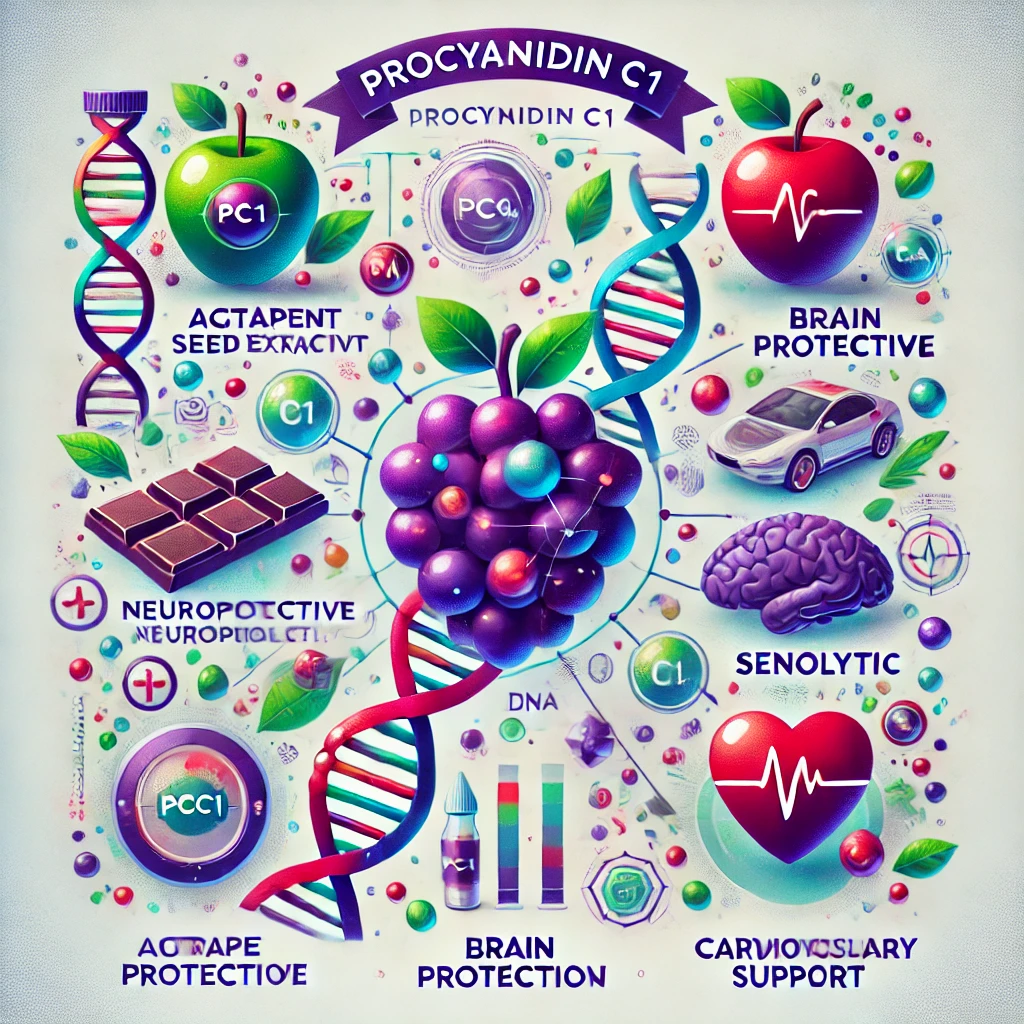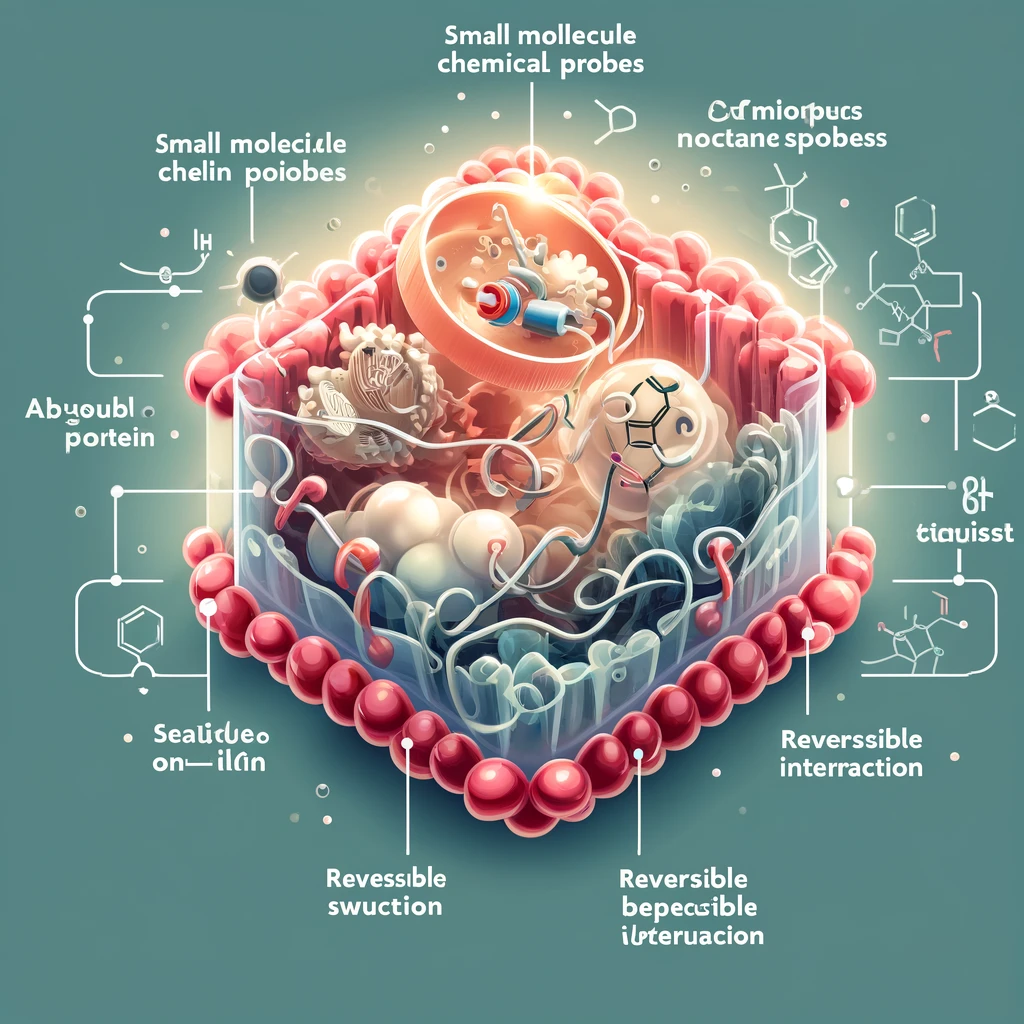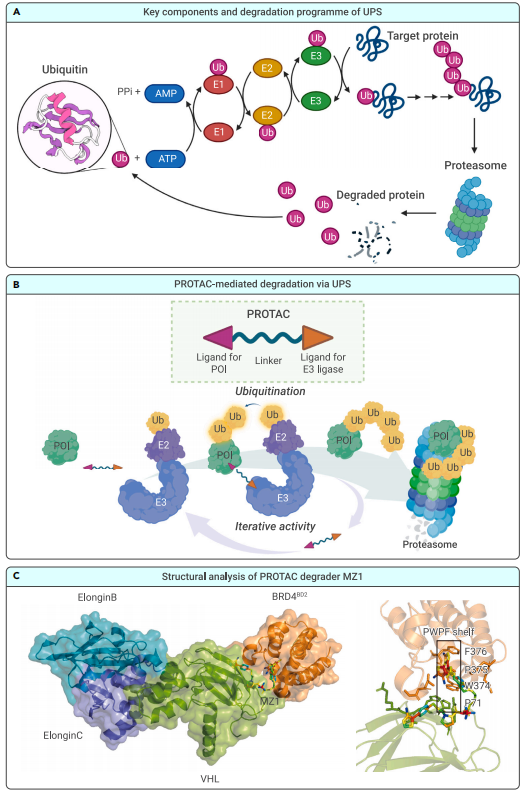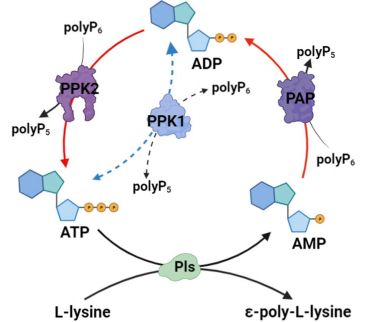Cariprazine in Major Depressive Disorder: A Promising Adjunctive Treatment for Treatment-Resistant Depression
Abstract
Cariprazine, an atypical antipsychotic, has emerged as a promising adjunctive therapy for patients with Major Depressive Disorder (MDD), particularly those with treatment-resistant depression (TRD). Its unique pharmacological profile, including partial agonism at dopamine D2 and D3 receptors, distinguishes it from other antidepressant treatments. Clinical trials have demonstrated its efficacy in alleviating symptoms such as anhedonia, cognitive deficits, and low motivation, which are often resistant to conventional therapies. Despite these promising results, further research is required to refine personalized treatment approaches, optimize dosing regimens, and fully understand its impact across different symptom clusters. This review highlights the potential of cariprazine as a critical tool in the management of MDD, while emphasizing the need for ongoing studies to evaluate its long-term efficacy and safety in diverse patient populations.
Introduction to Cariprazine in Depression Treatment
Major Depressive Disorder (MDD) is one of the leading causes of disability worldwide, with an estimated 246 to 286 million people affected globally. Despite the availability of various antidepressant treatments (ADTs), a significant proportion of individuals with MDD struggle with inadequate responses to therapy. Treatment-resistant depression (TRD) remains a major challenge for clinicians, as patients often experience persistent symptoms despite adhering to prescribed regimens. This highlights the need for innovative therapeutic options that address the diverse and complex nature of depression.
Cariprazine, an atypical antipsychotic, has recently emerged as a promising treatment option for MDD, especially for those who do not respond adequately to first-line therapies. Originally approved for the treatment of schizophrenia and bipolar disorder, cariprazine was later FDA-approved as an adjunctive treatment for MDD. Its unique pharmacological profile, which includes partial agonism at dopamine D2 and D3 receptors, sets it apart from other antipsychotics. Cariprazine’s selective action on the D3 receptor, in particular, has drawn attention due to its potential to address symptoms commonly associated with MDD, such as anhedonia, cognitive impairments, and lack of motivation.
Unlike traditional antidepressants that primarily target serotonin and norepinephrine, cariprazine offers a novel approach by modulating the dopaminergic system, which plays a critical role in mood regulation, motivation, and reward processing. Animal models have shown that cariprazine can enhance motivation and reward-seeking behavior, making it an ideal candidate for treating the more persistent symptoms of MDD, such as low motivation and pleasure.
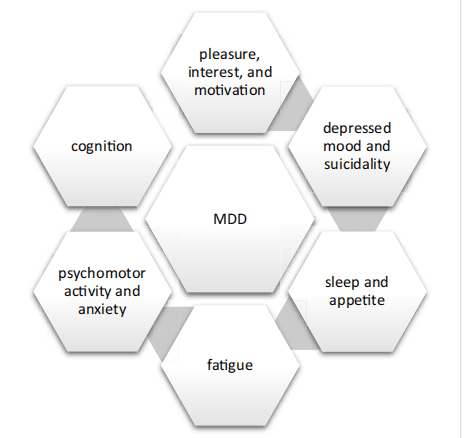
Figure1. Principal domains of major depressive disorder.
In summary, cariprazine represents a potentially transformative addition to the toolkit for managing MDD, particularly for those suffering from treatment-resistant forms of the disorder. Its ability to target multiple aspects of depression makes it a promising adjunctive therapy in the quest for more personalized and effective treatment options.
Understanding Depression Symptom Clusters
Major Depressive Disorder (MDD) is characterized by a broad spectrum of symptoms, which can vary significantly between individuals. These symptoms not only impact mood but also affect cognition, behavior, and physical health. Clinicians often categorize these symptoms into distinct clusters to better understand and manage the disorder’s complexity. The identification of symptom clusters is critical in tailoring more personalized treatment approaches that address the specific needs of each patient.
Depression symptoms are typically grouped into nine categories, including mood disturbances, such as feelings of sadness or hopelessness, as well as physical and cognitive changes like fatigue, sleep disturbances, and difficulty concentrating. These symptoms often fall into several key clusters, which include: 1) Anxious distress, marked by restlessness and anxiety, 2) Core emotional symptoms, such as pervasive sadness and irritability, 3) Anergia/apathy, which involves low energy and a lack of interest or pleasure in activities, 4) Agitation, characterized by restlessness and excessive psychomotor activity, and 5) Cognitive impairment, such as memory difficulties, concentration problems, and slowed thinking.
One of the most striking features of MDD is its heterogeneity. Symptoms may overlap or manifest differently based on individual neurobiological, genetic, and environmental factors. For instance, while some patients may experience profound cognitive dysfunction, others may struggle predominantly with sleep or appetite changes. These variations underscore the necessity of a more tailored treatment strategy, which targets the specific symptom clusters contributing to a patient’s experience of depression.
Cariprazine, as an adjunctive therapy, holds promise for addressing these diverse symptom clusters. Its action on dopamine D2 and D3 receptors suggests potential benefits in alleviating symptoms of anhedonia, motivation deficits, and cognitive dysfunction, particularly in patients with treatment-resistant depression. Furthermore, by targeting both dopaminergic and serotonergic pathways, cariprazine offers a multifaceted approach that could help manage multiple symptom clusters simultaneously.
The Pharmacological Profile of Cariprazine
Cariprazine is an atypical antipsychotic that has garnered attention for its unique pharmacological profile, distinguishing it from other antipsychotics and antidepressants used in the treatment of Major Depressive Disorder (MDD). Its primary mechanism of action involves partial agonism at dopamine D2 and D3 receptors, making it particularly relevant for treating depression symptoms related to motivation, reward, and cognitive function. Unlike typical antipsychotics, which often block dopamine receptors, cariprazine’s partial agonism allows it to modulate dopamine activity in a more nuanced manner, reducing the risk of certain side effects such as extrapyramidal symptoms (EPS).
One of the key features of cariprazine is its higher affinity for the dopamine D3 receptor compared to D2 receptors, a characteristic that may explain its effectiveness in addressing specific depressive symptoms, such as anhedonia and cognitive deficits. The D3 receptor is predominantly expressed in areas of the brain associated with motivation and reward, such as the nucleus accumbens and the ventral striatum. Dysregulation of this dopaminergic system is thought to contribute significantly to the lack of motivation and pleasure in activities, which are hallmark symptoms of MDD.
In addition to its dopaminergic effects, cariprazine also acts on serotonergic receptors, including 5-HT1A and 5-HT2A receptors. These actions may contribute to its antidepressant effects, as serotonin is a critical neurotransmitter involved in mood regulation. By modulating both dopamine and serotonin pathways, cariprazine addresses multiple facets of depression, including mood disturbances, sleep, and cognitive impairments, while maintaining a favorable side effect profile.
Cariprazine’s unique pharmacological properties make it a promising treatment option for patients with treatment-resistant depression, particularly for those with prominent symptoms of anhedonia, cognitive dysfunction, and low motivation. Its ability to target both dopaminergic and serotonergic systems provides a more comprehensive approach to managing depression, moving beyond traditional antidepressant mechanisms.
Clinical Evidence on Cariprazine’s Efficacy
Cariprazine has been evaluated in multiple clinical trials as an adjunctive therapy for patients with Major Depressive Disorder (MDD) who have not responded adequately to first-line antidepressant treatments. Several randomized controlled trials (RCTs) have demonstrated its potential to alleviate depression symptoms, particularly in treatment-resistant cases. While results are promising, they underscore the complexity of MDD and the need for more tailored approaches in managing diverse symptom clusters.
In a key study by Vieta et al. (2019), patients with treatment-resistant MDD were treated with cariprazine as an adjunct to antidepressant therapy. The results showed significant improvements in depression symptoms, including reductions in the Montgomery-Åsberg Depression Rating Scale (MADRS) scores, indicating its effectiveness in alleviating core depressive symptoms. Notably, cariprazine showed efficacy in addressing symptoms like anhedonia and lack of motivation, which are often difficult to treat with conventional antidepressants. However, while the treatment group exhibited improvement, the study also highlighted variability in individual responses, suggesting that cariprazine might be particularly beneficial for those with specific symptom profiles, such as cognitive impairment or anhedonia.
Further evidence from clinical trials supports cariprazine’s potential in managing other depressive symptoms, such as mood disturbances and fatigue. Durgam et al. (2016) conducted an 8-week trial that confirmed cariprazine’s ability to reduce depressive symptoms when combined with antidepressants, although the drug’s effect on anxiety and psychomotor activity remained less consistent. The study also noted that lower doses of cariprazine (1-2 mg/day) were more effective in reducing depressive symptoms compared to higher doses, providing insight into the dose-dependent nature of the drug’s effects.
While cariprazine shows promise, its effects on certain symptom clusters, such as anxiety and psychomotor retardation, require further investigation. Despite these mixed results, the growing body of clinical evidence highlights cariprazine as a valuable adjunctive option for treatment-resistant depression, particularly for patients exhibiting specific symptoms like anhedonia, low motivation, and cognitive dysfunction.
Conclusion: Future Directions and Personalized Depression Treatment
Cariprazine has shown significant potential as an adjunctive treatment for Major Depressive Disorder (MDD), particularly for patients with treatment-resistant depression (TRD). Its unique pharmacological profile, including partial agonism at dopamine D2 and D3 receptors, allows it to target specific symptoms of depression that are often difficult to address with conventional antidepressants. While initial clinical trials demonstrate its efficacy in treating symptoms such as anhedonia, cognitive deficits, and low motivation, the evidence also underscores the need for more personalized treatment strategies.
One of the most promising aspects of cariprazine is its ability to address the heterogeneity of MDD by targeting different symptom clusters. Depression is a multifaceted disorder, and symptoms can vary widely from one patient to another, including mood disturbances, cognitive impairments, and fatigue. Cariprazine’s effect on the dopaminergic system, especially the D3 receptor, has shown particular promise in improving motivation and reward-related behaviors, which are often impaired in MDD. This could be especially beneficial for patients who experience severe anhedonia or lack of interest in daily activities.
As the evidence base for cariprazine grows, it is clear that personalized treatment approaches will be crucial. While cariprazine may be highly effective for certain symptom clusters, its impact on others, such as anxiety and psychomotor retardation, remains less predictable. Further research is needed to clarify which patient subgroups are most likely to benefit from cariprazine and to determine the optimal dosing regimen for different symptom profiles. This may involve a more tailored approach to dosage and combination therapies, which could improve the overall treatment outcomes for patients with TRD.
In conclusion, cariprazine represents an exciting step forward in the treatment of depression, particularly for those who do not respond to standard antidepressant therapies. Continued research into its efficacy across different symptom domains, as well as its long-term effects, will be essential in establishing it as a cornerstone in the management of MDD and TRD.
References
- McIntyre, R. S., Alsuwaidan, M., Baune, B. T., Berk, M., Demyttenaere, K., Goldberg, J. F., … & Jha, M. K. (2023). Treatment-resistant depression: Definition, prevalence, detection, management, and investigational interventions. World Psychiatry, 22(3), 394-412. Link
- Belanger, H. G., Lee, C., & Winsberg, M. (2023). Symptom clustering of major depression in a national telehealth sample. Journal of Affective Disorders, 338, 129–134. Link
- Pejǔsković, B., Munjiza Jovanović, A., & Pešić, D. (2024). Exploring cariprazine as a treatment option for varied depression symptom clusters. Frontiers in Psychiatry, 15, 1442699. Link
- Mazza, M., Marano, G., Traversi, G., Carocci, V., Romano, B., & Janiri, L. (2018). Cariprazine in bipolar depression and mania: State of the art. CNS Neurological Disorders-Drug Targets, 17(10), 723-727. Link
- Stahl, S. M. (2016). Mechanism of action of cariprazine. CNS Spectrums, 21(3), 123-127. Link
- Durgam, S., Earley, W., Guo, H., Li, D., Néméth, G., Laszlovszky, I., … & Fava, M. (2016). Efficacy and safety of adjunctive cariprazine in inadequate responders to antidepressants: A randomized, double-blind, placebo-controlled study in adult patients with major depressive disorder. Journal of Clinical Psychiatry, 77(3), 371-378. Link
- Vieta, E., Earley, W. R., Burgess, M. V., Durgam, S., Chen, C., Zhong, Y., … & Fava, M. (2019). Long-term safety and tolerability of cariprazine as adjunctive therapy in major depressive disorder. International Clinical Psychopharmacology, 34(2), 76-83. Link

